Interim Budget 2019 may boost sales of 2Ws, tractors, entry level cars
The tax waiver, targeted at the middle class in the country, impacts 30 million tax payers.
Presenting the Interim Budget for FY2019-20 today in Parliament, finance minister Piyush Goyal presented what was, as expected, a populist budget. While the focus remains on improving the lives of the agrarian community, there has been a focused attempt on reducing the tax burden on the middle class, small taxpayers, the salaried and pensioners.
As per the finance minister, “There will be a full tax rebate on individuals with up to Rs 500,000 income (zero tax). With additional deductions (through tax-saving investments), those with higher income will not have to pay tax. This can even go up to Rs 650,000.” According to Goyal, this amounts to a total benefit of Rs 18,500 crore and will impact 3 crore or 30 million tax payers.
Given this large segment of the Indian populace, it could be surmised that the additional savings could help them purchase motorcycles and scooters and also entry level passenger cars. In the farming community, the tax sops would lead to improved sales of tractors.
Scooters, entry-level and premium bikes to benefit
The hike in disposable income will have a direct impact on the demand for the two-wheeler market including scooters and entry-level and premium commuter motorcycles. According to SIAM data, the scooter market, which stood at 67,19,911 units in FY2017-18 and represented slightly more than 33 percent of the total domestic two-wheeler market, is expected to gain from the increase in the disposable incomes of the middle class.
That apart, the revised tax slabs will also have a positive impact on the motorcycle segment across the entry-level, executive and premium commuter categories. The market size of mass commuter motorcycles (up to 110cc) stood at 74,47,390 units in FY2017-18, thereby representing about 59 percent of the total domestic motorcycle market. The young and mid-aged salaried middle-class citizens, who typically opt for either executive or premium commuters, are expected to lead the demand for 125cc / 150cc - 200cc motorcycles. Total motorcycle market up to 200cc (including the entry-level) stood at 11,592,911 units in FY2017-18 (comprising about 92 percent of the overall domestic bike market).
It should also be noted that the relief in the income tax will also impact the two-wheeler industry by way of comfortably absorbing the rising costs attributed to the compulsory CBS and ABS mandates from April 2019. Industry experts believe that while the combo-braking systems (CBS on two-wheelers smaller than 125cc) will lead to an increase of about Rs 500-800, the anti-lock braking system (ABS on 125cc and bigger models) as a compulsory equipment will drive costs upwards by about Rs 5,000-8,000.
SIAM lauds Interim Budget
Apex automobile body SIAM has welcomed the Interim Budget 2019-20. The association says, “The Budget has taken in consideration all sections of the society, especially the distressed farmers and the weaker section of the society, to extend benefits in the form of direct transfers and tax sops. Also, it has equally made progressive expenditure plans through higher budgetary allocation for infrastructural development and social measures.
"The increase in income tax exemption up to Rs 500,000 is expected to positively impact consumer sentiment and consumption expenditure, which will give impetus to demand for two-wheelers and small passenger vehicles, while overall improvement in the road infrastructure will ease movement of people and goods on the road and have multiplier effect on the economy.
"SIAM is happy to note the emphasis laid on electric mobility in the 2030 Vision of the government of India that aims at increasing energy security, reducing oil import dependence and reduce vehicular pollution. SIAM would work with government in creating an ecosystem that would enable us to achieve the target of becoming the world leader in electric mobility.
"The Ministry of Finance has recently notified definition and customs duties for Completely Built Unit (CBU), Semi-Knocked Down unit (SKDs) and Completely Knocked Down Unit (CKDs) of all categories of electric vehicles. The move has been welcomed by SIAM, however the customs duty for lithium ion battery has been increased from nil to 5 percent for electric vehicle manufacturing. Since cell manufacturing is at very nascent stage at present in India, the current practice of importing cells is expected to continue and hence the change will only lead to increase in cost of manufacturing electric vehicles battery packs, which is expected to be dampener in generating demand for electric vehicles. SIAM requests a review of increase in customs duty on cells."
HERE'S WHAT INDUSTRY LEADERS SAY ABOUT THE INTERIM BUDGET

Baba N. Kalyani, chairman & MD, Bharat Forge: “Conventional understanding is that presenting an Interim Budget just before a general election places several constraints on the Finance Minister. Within these limitations, the government has chosen the middle path by announcing measures that will positively impact a large cross section of people who deservedly require relief from the burden of taxation and also addressed issues of agrarian distress and employment, both of which will remain key priorities for any post-election dispensation. To that extent, the government has shown that it is sensitive to the immediate challenges and has taken measures to respond to them.
The economic fundamentals of the country are clearly strong. A fiscal deficit of 3.4 percent of GDP and an expected current account deficit of 2.5 per cent reflect that the foundations are in place for the country to achieve its vision of becoming a $ 5 trillion economy in the next 5 years and a $ 10 trillion economy in the next 10–12 years. The 10-dimension Vision 2030 is a clear roadmap for an aspirational New India. I therefore see this Budget as high on vision and one which should instill confidence about the future.
From an industry perspective, the allocation for defence, which for the first time has crossed the Rs 3 lakh crore threshold, is encouraging. We hope that ‘Make in India’ in Defence will result in a greater role for the private industry in this critical sector of the country’s economy. The thrust on MSMEs is also welcome as they have an important role in supporting large industries, achieving higher levels of indigenisation and generate higher employment in the country. We welcome this Budget.”
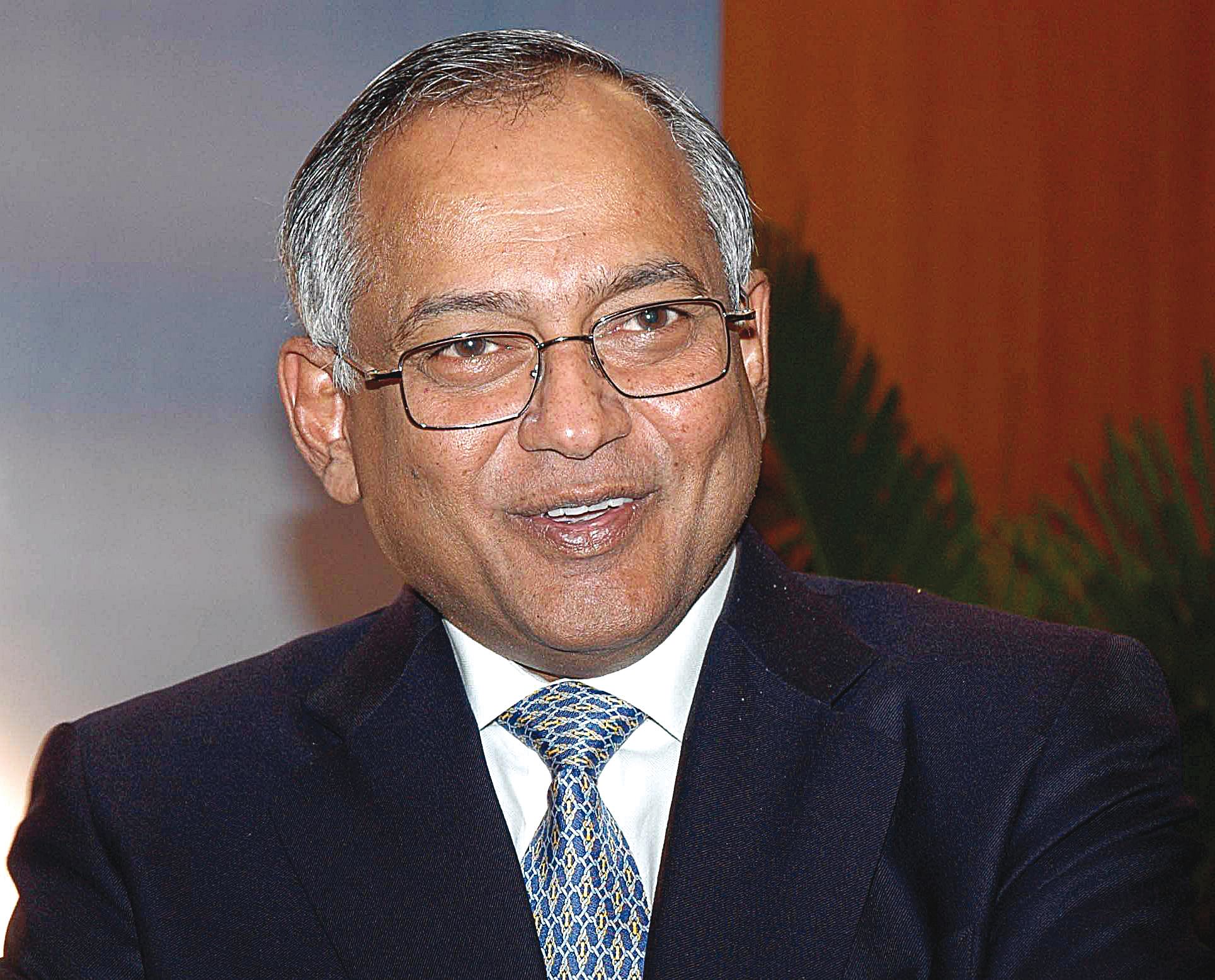
Venu Srinivasan, chairman, TVS Motor Co: “This Budget has empowered and increased the buying capacity of every sector and segment of people. Tax exemption up to Rs 500,000 per annum income for individual tax payers is a historical step, which will provide more disposable income at hand for the working class. The decision will have an impact and there we expect more buyers of two-wheeler vehicles and in turn help the industry’s growth. The construction of rural roads having an allocation of Rs 19,000 crore under the Pradhan Mantri Gram Sadak Yojana will be another boost towards demand for rural economy. The two-wheeler industry in the rural sector will also be positively impacted as Rs 6,000 per year cash support to about 12 crore small and marginal farmers will be provided under Pradhan Mantri Kisan Samman Nidhi scheme, which will cost the exchequer Rs 75,000 crore annually.”
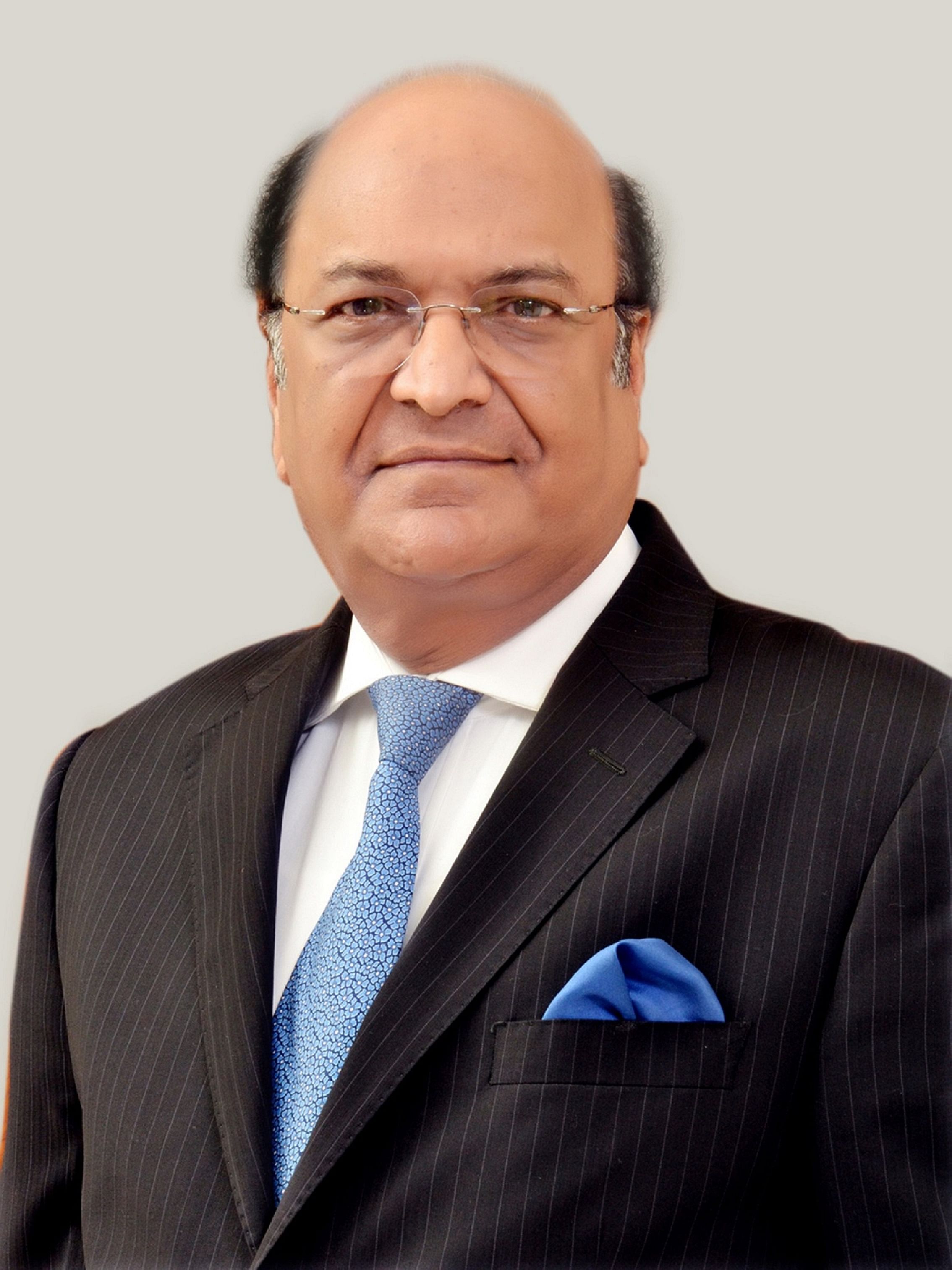
Dr. Raghupati Singhania, chairman and managing director, JK Tyre & Industries: “As expected this is the election year. Rollout of series of sops for the farmers and middle class, assured farm incomes and direct transfer for small farmers are definitely going to bring some relief but there is much more needed to alleviate farm distress in our country. Tax-breaks and pension schemes for workers in the unorganized sector are good measures. However, there is nothing specific to boost economic activity which is the need of the hour."

Shekar Viswanathan, vice-chairman and whole-time director, Toyota Kirloskar Motor: “The overall Budget perspectives are positive covering a wide spectrum of areas as health, skill, infrastructure, agriculture as a big boost to the economy. The resource allocation across the Budget has been thoughtful. The fiscal deficit at 3.4% of GDP reflects better economic stability with the impact on inflation outlook being relatively muted. As we see, the continuing path of fiscal incentives would be growth positive, accelerating the nation’s development. Further, the thrust on overall rural development will certainly accelerate the buying sentiments of the consumers and also the increased tax exemptions will enhance the disposable income of the people, thus contributing to the upliftment of the society with improved living conditions.
The focus to strengthen the infrastructure [road, rail & air] will certainly facilitate industrial growth and promote ‘Make in India’ paving way for better mobility & accelerate the ease of doing business.
We applaud the Government of India’s focus on EV drive towards reducing fuel import. Toyota has been a pioneer in electrified space offering alternate mobility solutions [HEVs, EVs, FCVs, PHEVs] globally. We would further continue our concerted efforts in this direction to boost sustainable mobility to enhance ever-better & comfortable living of the society. The vehicle emission based tax regime would boost this EV vision, towards achieving a cleaner and greener environment.
We hope that the tax revenues will continue to grow, enabling the implementation of the budget announcements. We now look forward to the full-fledged Budget that would be presented during May-June this year.”

Charles Frump, MD, Volvo Car India: “We welcome the government’s vision to protect the environment and lead energy revolution with electric vehicles in the coming years. Volvo Cars’ future roadmap is completely in sync with this vision as globally we plan to go fully electric in the next few years. The fully electric car will make its entry into the Indian market soon after its global launch. We not only plan to launch the first-ever locally assembled plug-in hybrid vehicle in India later this year but also bring in four more plug-in hybrid vehicles next year.”
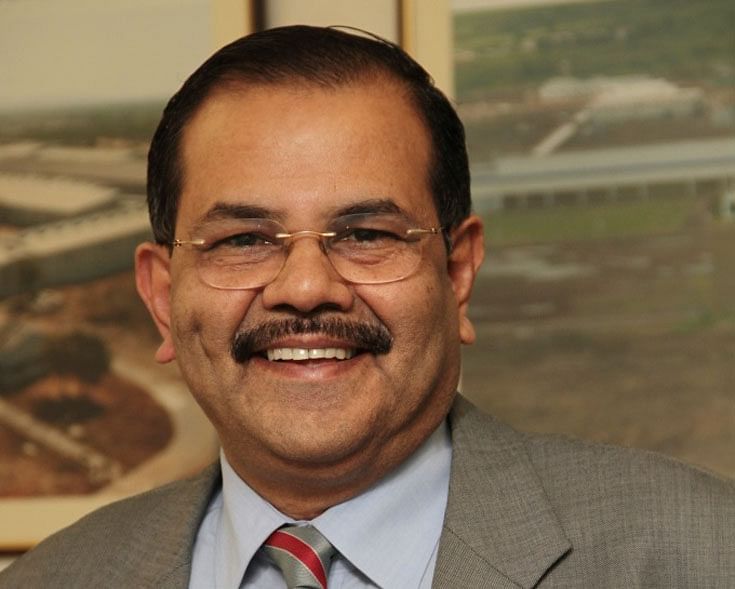
P Balendran, executive director, MG Motor India: “The 2019 Interim Budget focuses on boosting the rural economy, small farmers, rural infrastructure as well as low and middle income segments. It should have positive impact on market sentiments and should lead to higher disposal income for discretionary consumer spends. Income tax relief given to middle income families and the focus given to the rural sector should help improve economic activities and encourage consumption. With a focus on Make in India, it is also imperative for the government to generate skill enhancement opportunities in the field of EVs, especially in the research and development of lithium-ion batteries and related components. Although the recently announced cut in customs duty on certain electric vehicle components from the earlier 15-20%, to 10-15% currently will augur well for EVs during the longer term, there could have been more done in this regard to make India adopt EVs at a faster rate. We hope these factors including charging infrastructure will be addressed in the FAME II policies to be announced soon.
“At the macro-economic level, bringing the fiscal deficit down to 3.4% in the current financial year and maintaining the current account deficit at 2.5% of GDP this year are very encouraging announcements. Overall, the measures announced should increase the disposal income in the hands of the consumers and should help the auto sector in registering growth during next financial year, especially in two-wheelers and small cars.”
Yadvinder Singh Guleria, senior VP (Sales and Marketing), Honda Motorcycle and Scooter India: “The Interim Budget 2019 is a pragmatic balance between economic growth and holistic development of India. The government’s announcements towards strengthening rural economy and continued impetus on infrastructure development will strengthen the economy in the long run. In the short term, more disposable income in the hands of 3 crore households for whom a two-wheeler is a basic transport need is good news for the industry. We are cautiously optimistic that the resultant positive customer sentiments can offset the industry slowdown caused by the insurance premium hike earlier this year and bring back the industry momentum to earlier estimate of higher single digits.”
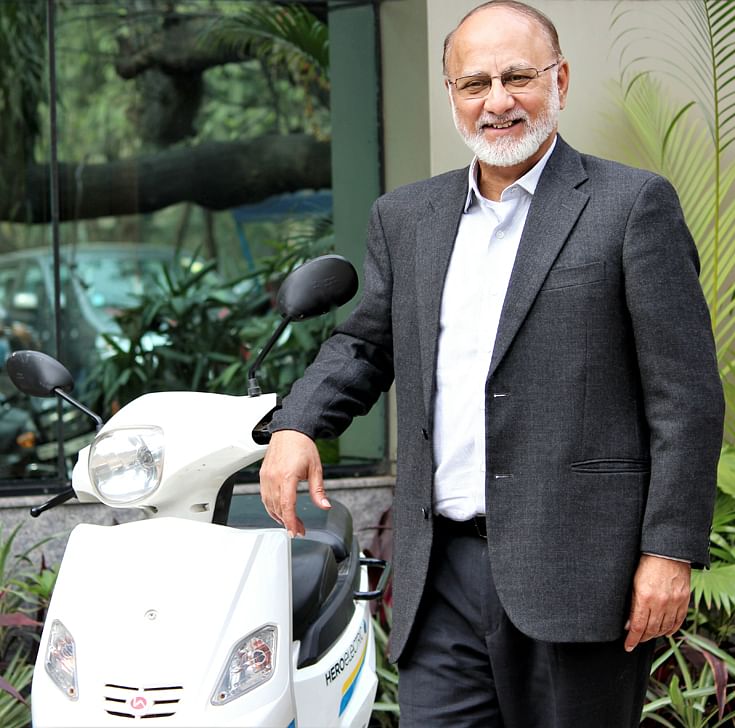
Sohinder Gill, director general, Society of Manufacturers of Electric Vehicles (SMEV): “Prime Minister Narendra Modi’s and Finance Minister Piyush Goyal’s mission of bringing an electric vehicle revolution to India by 2030 is truly path-breaking and will surely provide much-needed impetus to the industry. The government’s focus on the use of clean energy in the transportation sector would certainly help our country tackle the issue of climate change."
"The EV industry welcomes our finance minister’s commitment towards making the country pollution-free. We hope the government would soon announce a concrete plan of action with its time-bound implementation in order to fulfil its stated vision. SMEV strongly feels that an initial high dose of incentives and actions must be taken in the next year or 2 years to relaunch the electric mobility mission that has sort of lost steam in the recent years due to flip-flop of policies,” added Gill.
Ayush Lohia, CEO, Lohia Auto Industries: “As per the 2019 Budget, EVs are a key part of government’s vision for 2030 and that the next decade will witness a greater push towards electric vehicles.
“However considering the environment concerns, we were hoping for something concrete in the 2019 Budget. Moreover, to meet the target of 2030, the government needs to plan today instead of giving EVs a push at a later stage.”
Parveen Kharb, CEO and co-founder, Twenty Two Motors: "We welcome the Union government's budget announcement of making a clean and green India. The Union Budget focused on making India pollution-free and electric vehicles will play a key role in achieving the goal. The import duty reduction on electric vehicle components will further reinforce this and lead to wider acceptance of electric vehicles. However, some sops for Lithium-Ion batteries could fast track the move."
Jeetender Sharma, MD, Okinawa Scooter: “We are pleased to know that the government sees electric vehicles as a key part of its vision for 2030. The government has announced a slew of favorable policies for the EVs, most recently reducing the import tariff on imported parts to 10 from 15 percent. While this would boost the demand and supply of EVs in India, the interim budget announcement also favours the same.
As the government gears up to make India pollution-free and promote EVs, we believe that India will emerge as one amongst the globally-leading manufacturing hubs for EVs. The boost from the government will also attract global leaders and Indian manufacturers to innovate and make EVs a lucrative segment for everyday consumers.”
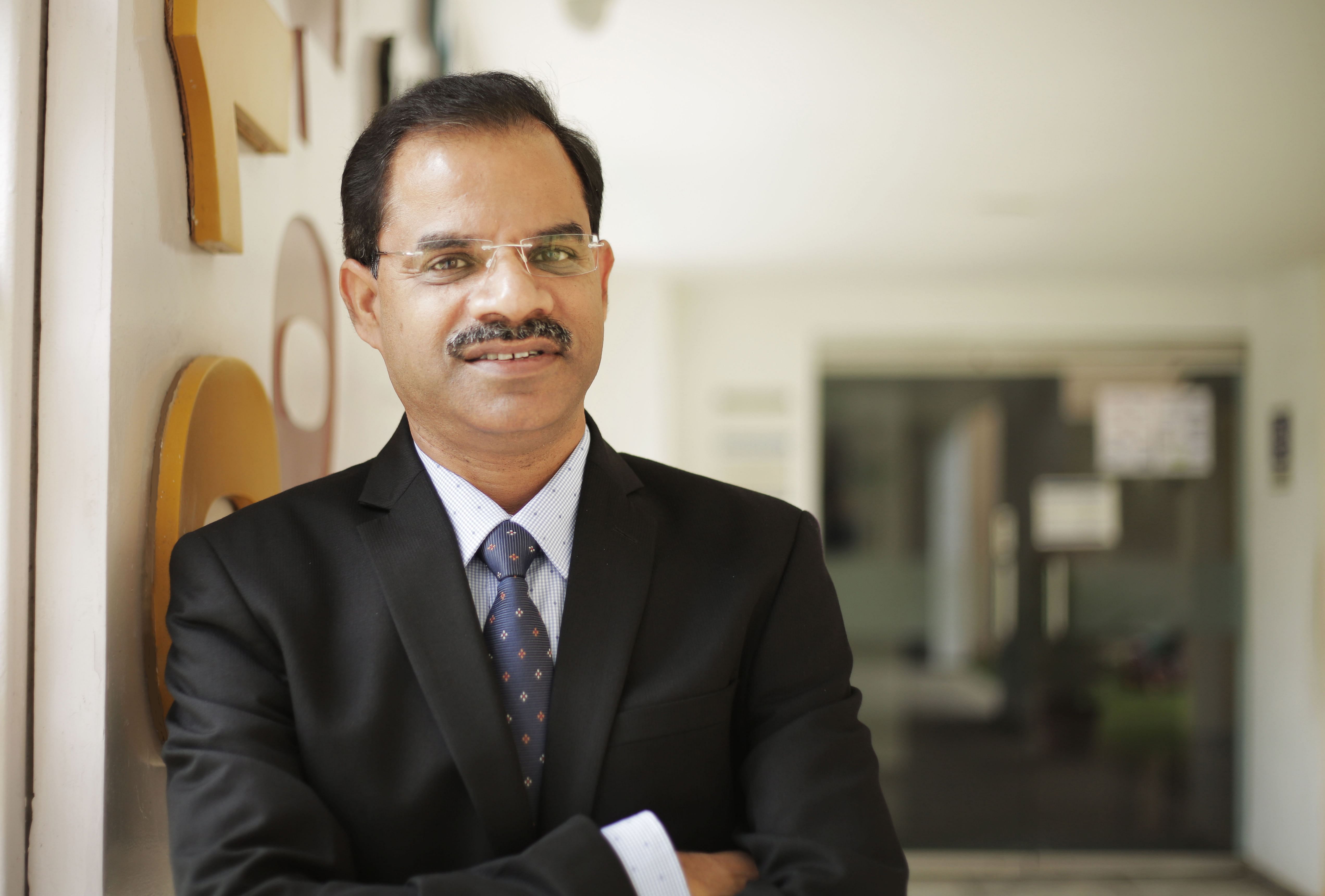
J K Gupta, CFO, Tata Technologies: ““This is a forward-thinking, growth-oriented Budget with a special focus for all, bridging the rural urban divide, while embracing modern digital technologies for the holistic development of the nation. The initiative to create one lakh digital villages in the next five years shows its commitment to bridging the digital divide. The government’s recognition of the importance of clean energy to build a pollution-free India is evident through its Vision 2030 roadmap. The initiative envisions India driving on Electric Vehicles with renewables becoming a major source of energy.”
Kavan Mukhtyar, Partner & Leader - Automotive, PwC India, said: "The focus on uplifting rural and agrarian income will have a positive impact on the tractor, two-wheelers and light commercial vehicle segment. Income tax relief on income up to Rs 500,000 will increase the disposable income for middle-class families. This should translate into positive demand momentum for two-wheelers and small cars in Q1 FY2020. By highlighting adoption of electric vehicles, the Government has restated its intent to drive electric mobility forward. However, how will this be translated into specific policy measures will need to be examined further."
Vinodkumar Ramachandran, Head, Industrial Manufacturing and Automotive, KPMG India: “With focus on rural India, this year’s budget will help boost the demand for tractors, farm equipment and light commercial vehicles. Also governments allocation of 19,000 crores for development of rural roads, will bring a positive boost in construction equipment industry, thereby leading to a demand in the two wheeler and small car market.”
RELATED ARTICLES
Cosmo First diversifies into paint protection film and ceramic coatings
The Aurangabad, Maharashtra-based packaging materials supplier is leveraging its competencies in plastic films and speci...
JSW MG Motor India confident of selling 1,000 M9 electric MPVs in first year
The 5.2-metre-long, seven-seater luxury electric MPV, which will be locally assembled at the Halol plant in Gujarat, wil...
Modern Automotives targets 25% CAGR in forged components by FY2031, diversifies into e-3Ws
The Tier-1 component supplier of forged components such as connecting rods, crankshafts, tie-rods, and fork bridges to l...






 By Autocar Professional Bureau
By Autocar Professional Bureau
 01 Feb 2019
01 Feb 2019
 12248 Views
12248 Views










